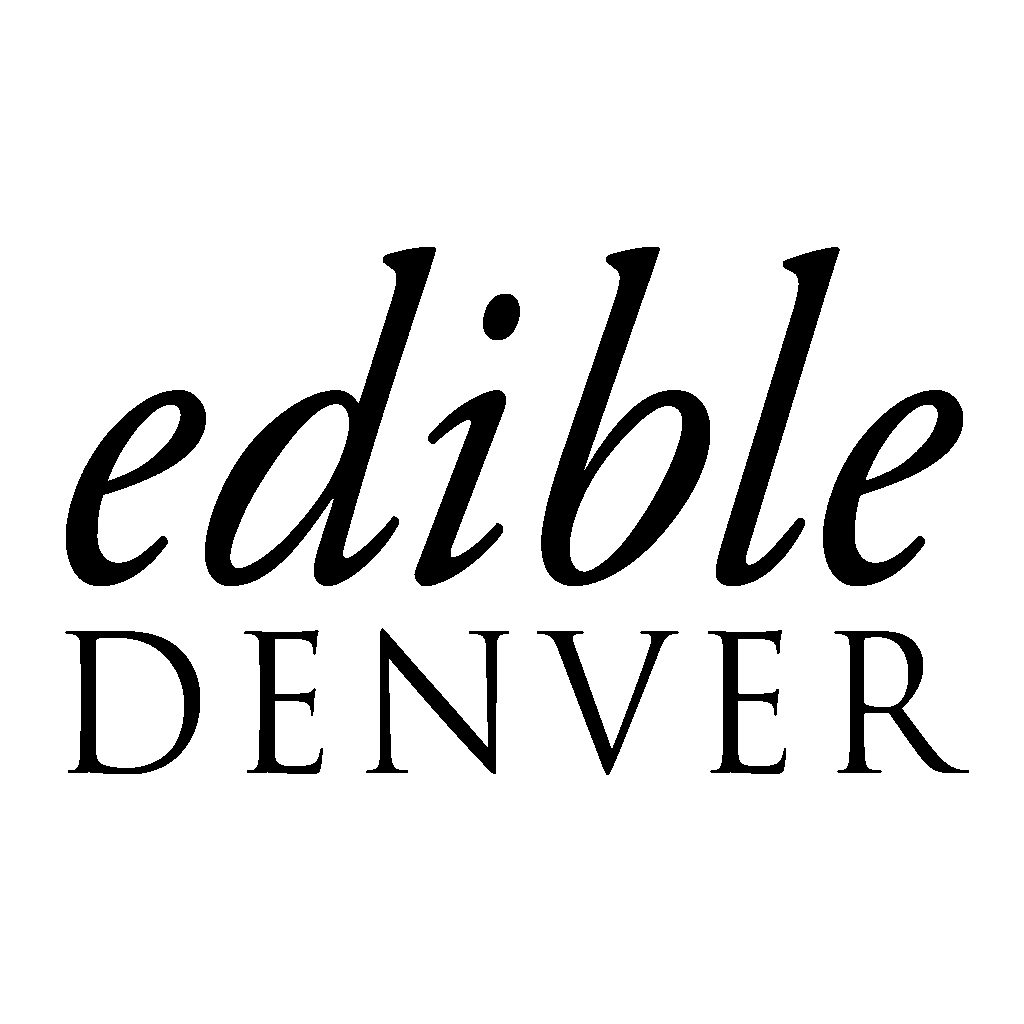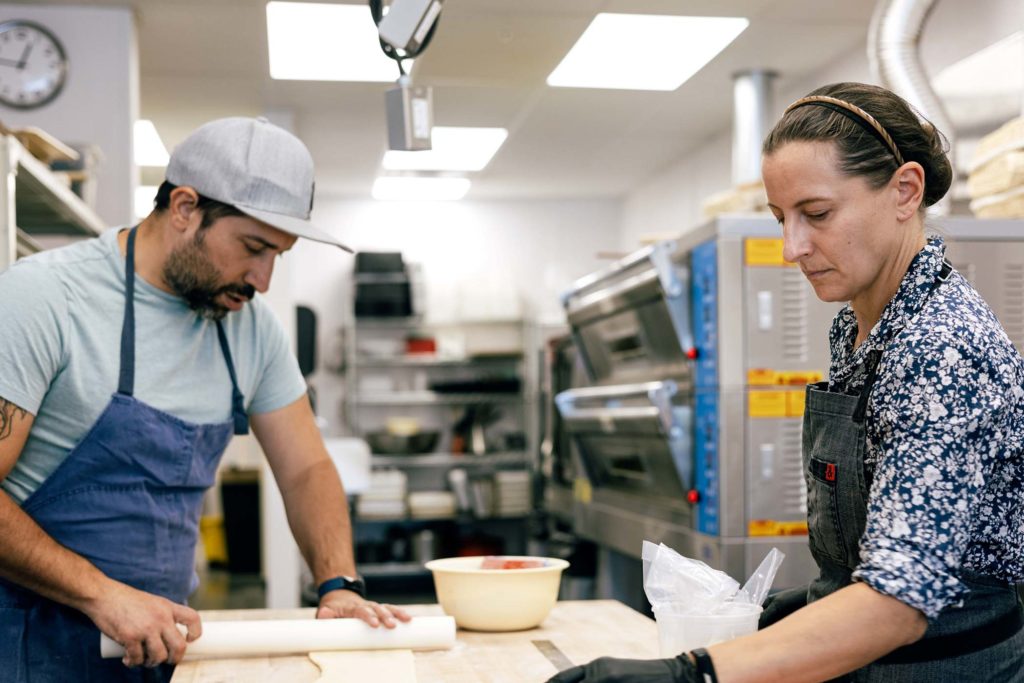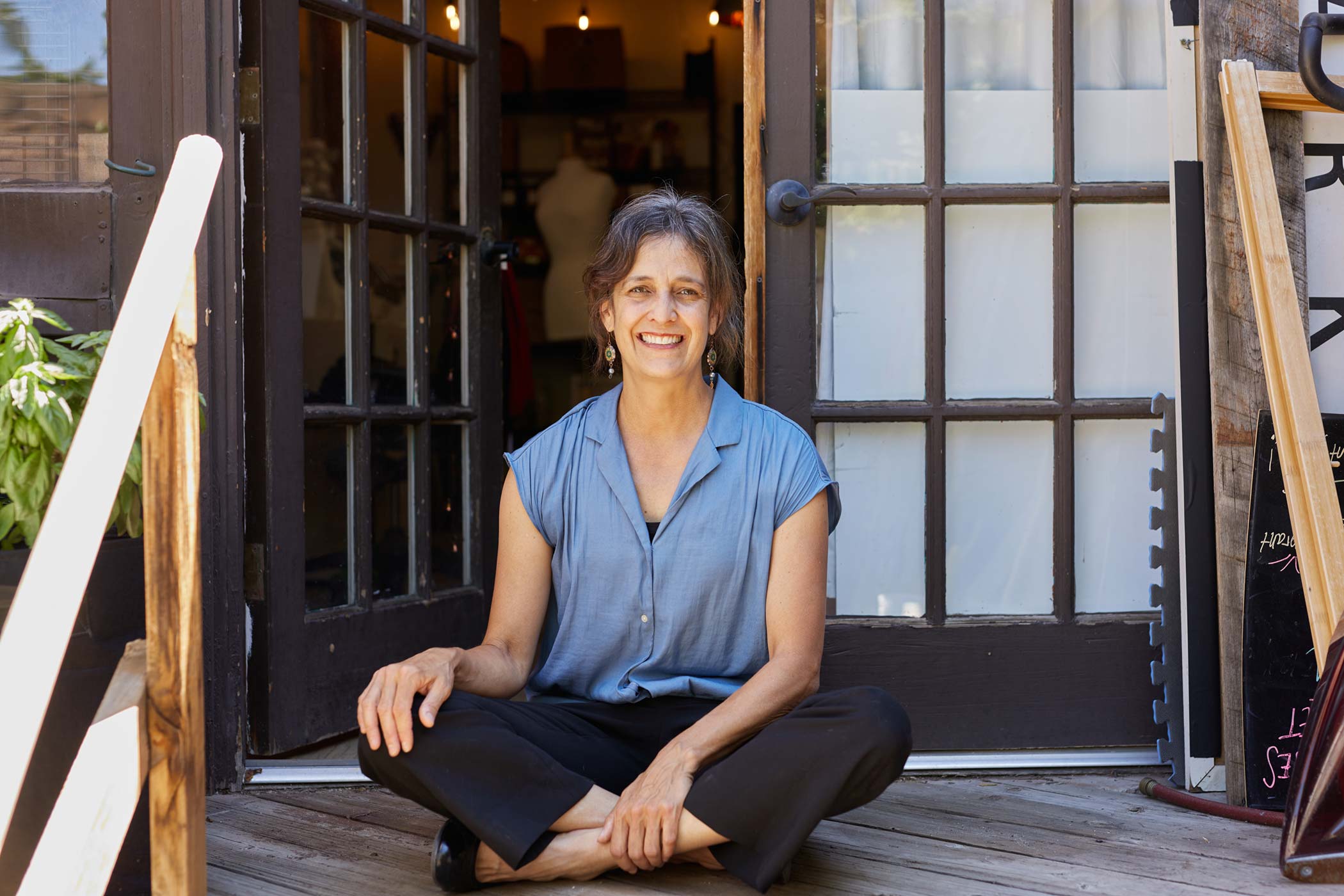Images by: Lauren Defilippo
One of the great ironies of living in densely populated urban areas is that so few of us actually get to know our neighbors. While television shows feature such characters as the family that hosts a barbecue block party or a talented home baker who stops by with a plate of cookies, opportunities for connection in our real-world communities are often far more rare.
Yet there is one way that aspiring food entrepreneurs—and supporters of the “buy local” movement—can help spark more of these neighborly interactions.
Passed by the Colorado legislature in 2012, the Cottage Foods Act (CFA) enables ambitious cooks to diversify their income by producing and selling shelf stable foods out of their home. In order to participate, individuals need only attend a food safety course through the State Health Department or CSU Extension—an office with the mission of making the resources of the Colorado university system accessible to the general public. Sheila Gains, a longtime instructor of the CSU Extension cottage food safety course, reports that, since its inception in 2013, the program has trained more than 5,000 aspiring food business owners.
“We’ve seen a big spike during the pandemic—training 945 students in 2020 and 843 in 2021,” Gains notes. “A lot of people from the restaurant industry were unemployed or underemployed during that period, in addition to an increase in individuals who want to work from home.” Taught both online and in-person, the CSU Extension course outlines best practices for small-batch food preparation, while also giving CFA hopefuls a sense of the other resources they may need to successfully produce and sell their product.
Of course, there’s a big difference between whipping up a few treats for a friend’s birthday party and committing to cooking as a day-to-day career. While the CFA offers more flexibility than traditional roles in food service and hospitality, it also requires individuals to consider whether they would like their hobby to become their profession.
“A lot of people tell home cooks, ‘This is the best [fill in the blank] I’ve ever tasted!’ But it’s important to consider if the general public will also respond that way and whether you would enjoy making that item on a regular basis in larger quantities,” Gains explains.
Yet even restaurant professionals who launch a CFA business with prior experience in food production face other challenges. First and foremost is the question of space and equipment, given that they may be used to having a wide range of professional tools at hand. There’s also the matter of handling the financial side of a food business—including both day-to-day accounting and taxes—which might not have been part of their previous roles.
Chefs Alen Ramos and Carolyn Nugent spent nearly two decades in Michelin-starred kitchens before relocating to Colorado and launching Ulster Street Pastry during the pandemic. “We were living in Chicago and had been furloughed long enough that we were cutting into our savings,” Nugent explains. “We knew it was time to move, but didn’t come to Denver with the intention to launch a cottage bakery. Instead, the CFA was our way of testing a new market.”
The pair have since opened a brick-and-mortar concept, Poulette Bakeshop, in Parker—largely thanks to the success of their CFA experience. “The first day after Ulster Street was featured in the Denver Post, we sold out in three minutes,” Ramos recalls. “It continued to be like that every single weekend until we opened Poulette, and we’ve been able to retain more than half of the customers that originally discovered us through Ulster Street.”
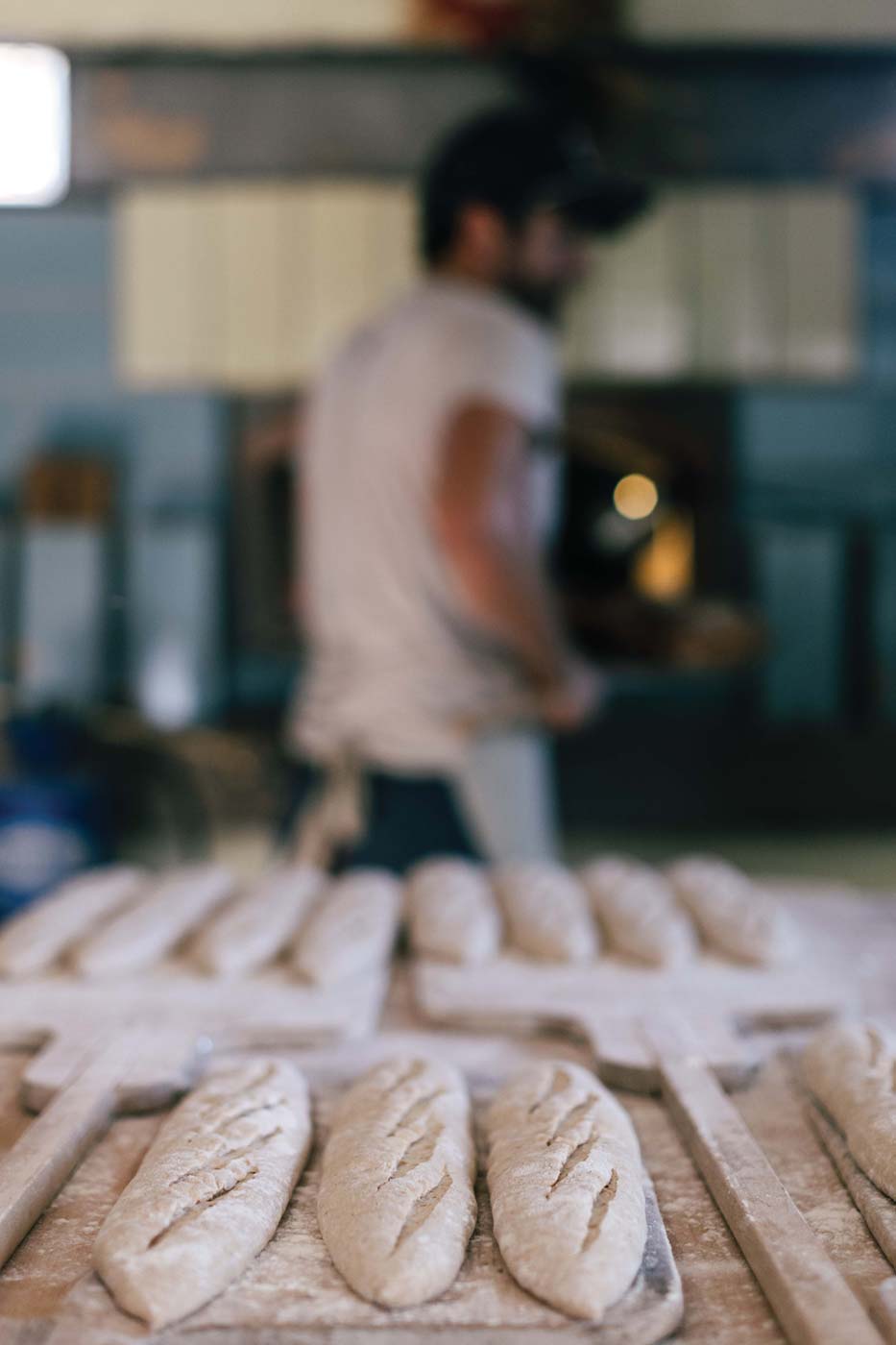
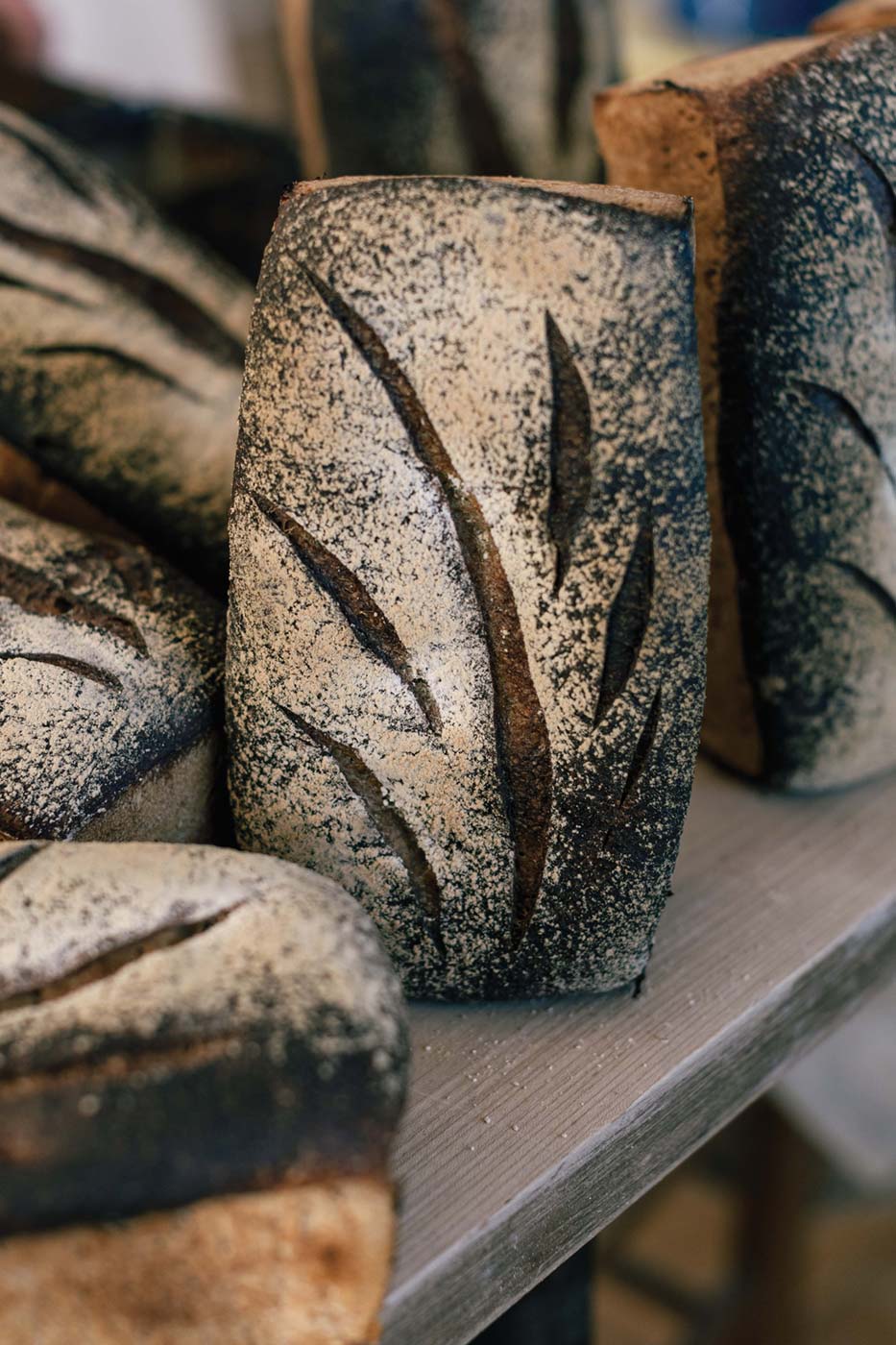
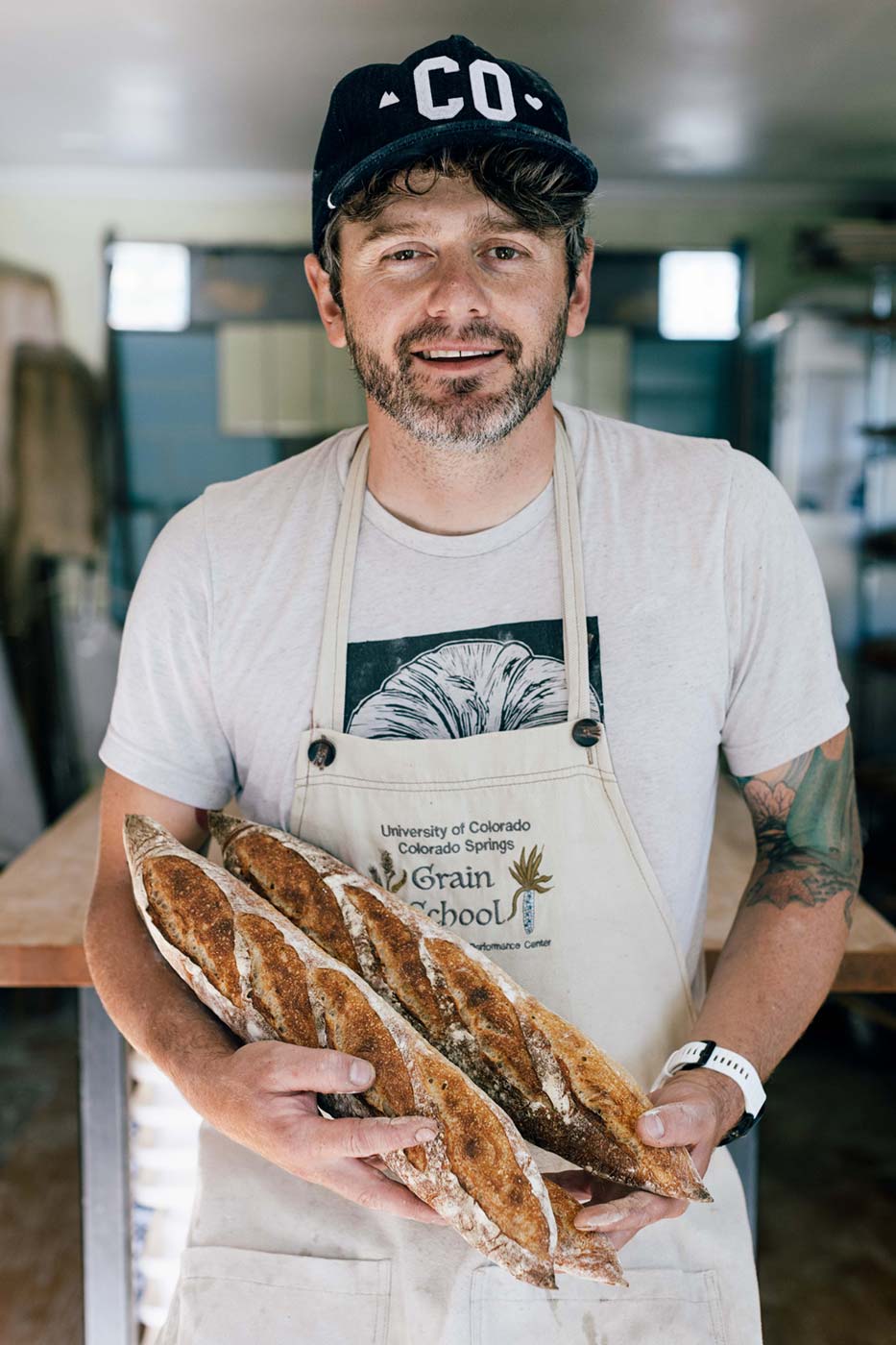
“There was a point when we had built up our equipment, ingredients, flour sacks on the counter … it made our home feel less like a home,” Nugent remembers. “We were really glad when we could bring everything to the bakery space and there was a healthy separation between work and family.” — Carolyn Nugent
Ayurvedic counselor Farnosh Family also used the CFA as a stepping-stone to launch her commercial ghee business, Ayurveda Mama. She initially began making ghee as a way for her wellness clients to easily incorporate medicinal spices into their diets. From there, she began wondering if there might be a larger market for this flavor-forward, small-batch product. “It would have been much more daunting to put up the capital for an untested idea. I’m not sure I would actually have done it [without the CFA],” she says.
Meeting customers through local farmers markets also helped Family refine her target audience and better understand their questions about the product. “With ghee, there’s a big education piece—just having people become familiar with it. The CFA also requires that food producers sell directly to the customer, and those in-person conversations helped inform my business strategy.” Family has since leveraged these insights to pursue a commercial food license and production space, with the goal of increasing her product’s distribution through local grocers like Nude Foods and Pinemelon.
Still, other CFA business owners choose not to grow into a larger commercial operation. David Kaminer of Raleigh Street Bakery officially launched his business in 2014 and—despite his previous experience in high-volume restaurant production—prefers the flexibility and work-life balance that a cottage business has afforded him. “Having worked for bakeries in other settings, I’ve seen the pressure that can put on the owner. Instead, I get to be home a lot with my 5-year-old son. Most people in food service miss that time because of their demanding schedules.”
While Kaminer freely admits that he’s not a money-motivated person, he also shares that he has been able to make a very successful living through the CFA. “It works differently in each state—some cap on the total amount of money you can earn. In Colorado, I can make $10,000 per product annually. Every type of bread is its own product, so it’s pretty fantastic if you can make the scale work.” Originally starting with 20 to 30 loaves per week, Kaminer now averages 250, and can even sell as many as 400 loaves on a busy sales day.
Ramos echoes Kaminer’s financial experience: “Economically, we could have continued with the cottage bakery for longer, but we had the ambitions of building a restaurant group and working in a commercial setting. Honestly, we were personally making more money under cottage law than we do now on our payroll [at Poulette].”
Whereas Kaminer has built a dedicated bakery space in his North Denver backyard, other CFA entrepreneurs struggle with operating a food business out of their home kitchens long term. “There was a point when we had built up our equipment, ingredients, flour sacks on the counter … it made our home feel less like a home,” Nugent remembers. “We were really glad when we could bring everything to the bakery space and there was a healthy separation between work and family.”
The small size of a home kitchen can also be limiting to many CFA businesses’ growth. “My house is tiny, so my kitchen isn’t ideal for making as much ghee as I need to now,” Family says. “Going commercial has also justified an investment in getting my products tested for moisture content [as an indicator of the presence of dairy solids], which helps ensure they are shelf stable at scale.”
That question of shelf stability is, in fact, one of the primary misconceptions Gains notices among individuals interested in selling a product through the CFA. “A lot of people want to do salsas or sauces, which are not eligible,” she explains. “The requirements are related to risk of foodborne disease, which means that items requiring refrigeration cannot be sold through a CFA business.”
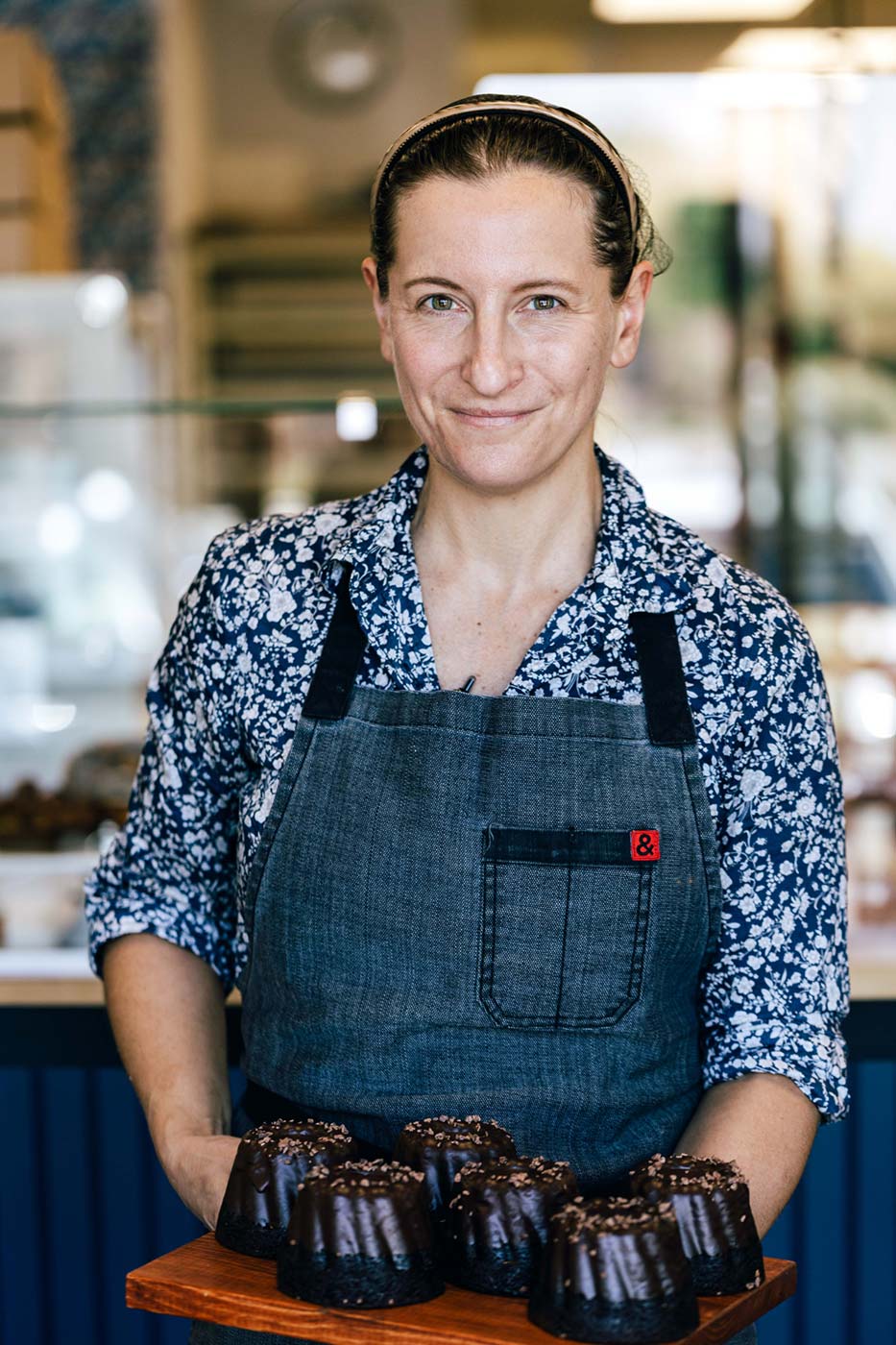

“Look at your profit margin, and create a long-term business plan that actually involves income. Otherwise, it can be an expensive hobby.” — Sheila Gains
These eligibility criteria highlight an essential aspect of running any CFA business: a sense of trust between the customer and the producer. When Kaminer was still growing his client base, he addressed this hurdle by opening his backyard bakery to the public on Fridays so that customers could come into his space and see what he was doing. “People love meeting the people who make the things they eat,” he notes. “In some ways, that can create an even greater sense of trust [than traditional groceries or restaurants], as there are less middlemen involved in where you get your food. But it also requires a people person to build those relationships.”
Ramos has also witnessed the power of building community and investing in individual customer relationships, even as he and Nugent transition from cottage to commercial production. “We have regulars from Fort Collins who come down a few times a month. People from Longmont, Boulder, Golden. They know us from our CFA days and want to continue to support us [at Poulette] because they know they’ll be taken care of.”
That trust can also enable business owners to be more creative with their product offerings. Kaminer has found that CFA allows him to be particularly flexible with sourcing—swapping in one heirloom grain for another, or even experimenting with ingredients that are only available in small batches—because his customers trust all his breads will be of a certain quality. Ramos and Nugent have even had regulars share family recipes or ask about a certain type of international sweet that they’ve never found in Colorado. The pair regularly experiment with adding these limited-edition items to their repertoire, if only for holidays or simply to delight the customer in question.
Building relationships with other food producers can also be instrumental in ensuring the success of a CFA business. “Talking to other small-business owners—even if they make a different product than you—and learning from their journeys will teach you so much more than simply Googling [a question],” Family insists. “There are lots of places that offer business resources, but getting a food-specific perspective from someone a few steps ahead of you is an invaluable opportunity.”
Beyond using the various resources at your disposal, Gains always gives one other critical piece of advice: “Most people aren’t charging enough for their products—and with small batch production, you may be able to charge two to three times the price [of a commercial product]. Look at your profit margin, and create a long-term business plan that actually involves income. Otherwise, it can be an expensive hobby.”
For those who have followed Ramos and Nugent, the difference between the American-style sweets served at Ulster Street and the more technical French pastries that dominate the menu at Poulette demonstrates yet another aspect of ensuring CFA success. “You can’t make a great, consistent croissant in your home kitchen,” Ramos insists. “Start with what you have and focus on what you can make really well. You don’t have to buy restaurant-quality equipment.”
In short, it takes a certain type of person—and a certain type of customer—to create a sustainable market for CFA businesses. Yet Coloradans’ growing interest in local foods makes a compelling case for aspiring food entrepreneurs.
“Seeking out really good bread or other homemade foods … it’s not for everyone,” Kaminer reflects. “It’s not convenient, but what you get out of that relationship between a customer and producer is worth the extra money or time that it takes.”
